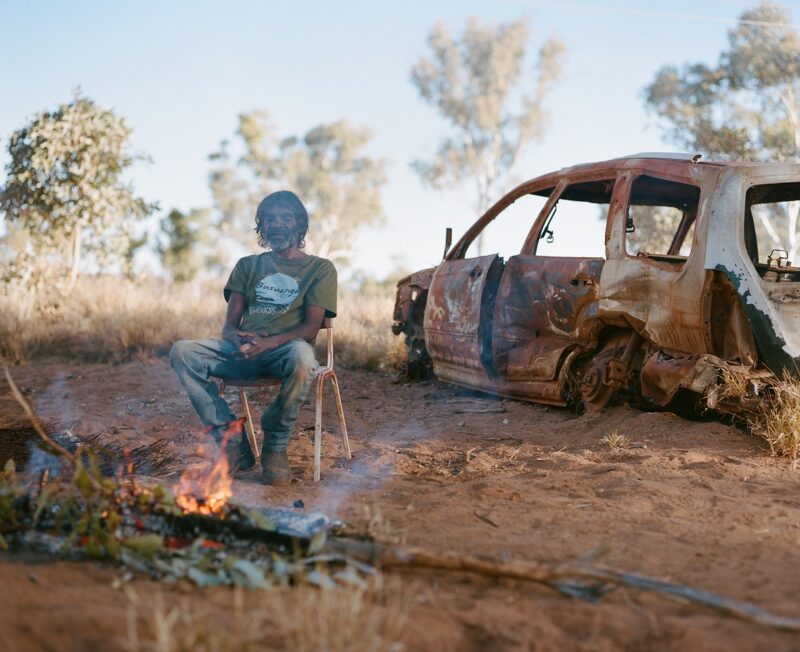Anangu needs ignored in NDIS plans over what is considered “best” for them by planners
NDIS plans are vital in the support and funding provided to people living with a disability. In remote communities, against a backdrop of little English and complex bureaucratic jargon, people’s plans often do not reflect what Anangu want or need, but what is often devised to be what is “best” for them.
People’s plans are often written in language that is not comprehensible to Anangu and can refer to programs and services which are unavailable in the NPY Lands. Sometimes the goals are generic, and do not relate to the participant at all.
Here are some examples:

A non-literate twenty-year-old young woman with vision impairment, hearing impairment, an intellectual disability and mental health issues was given the NDIS goal of starting a small business.The young woman requires support and supervision to complete daily self-care and domestic tasks.
A large fraction of participants’ plans includes a goal of improving people’s communication skills because NDIS planners are unable to understand them.
One 60-year old Pitjantjatjara speaking man’s NDIS plan includes a goal specifying improvement in communication “I will learn how to read and write and be confident in dealing with government and non-government agencies such as Centrelink and the bank.” This was not expressed by the participant but assumed by the NDIS planner and would require education, support and extensive travel to cities to undertake.
Many plans state goals that require services not available in their communities like a 12 month old girl who was given the goal of feeding independently without a feeding tube to be supported by the Families at First Teachers program that didnt exist in her community.

Goals such as these not only require services that are not available on the Lands, they provide an inappropriate foundation for service providers to work with Anangu under their NDIS plan.
NPYWC has conducted much research to find out what makes a good life for Anangu living with a disability. People stated they wanted to stay on the Lands with family, country and culture. They wanted practical everyday help such as meals, bedding and respite, and transport to events that are a part of community and cultural life. Because kinship is the central organising principle in the social life of Anangu, they said that support plans need to include the family of the person with a disability.
Because Anangu are often unwilling to directly contradict others, they may not speak up about what they want. They need trusted advocates who are able to support them in speaking up, or are able to speak up on their behalf. NDIS plans that don’t listen to Anangu minimises people’s commitment to engage with the NDIS and with therapeutic programs.

